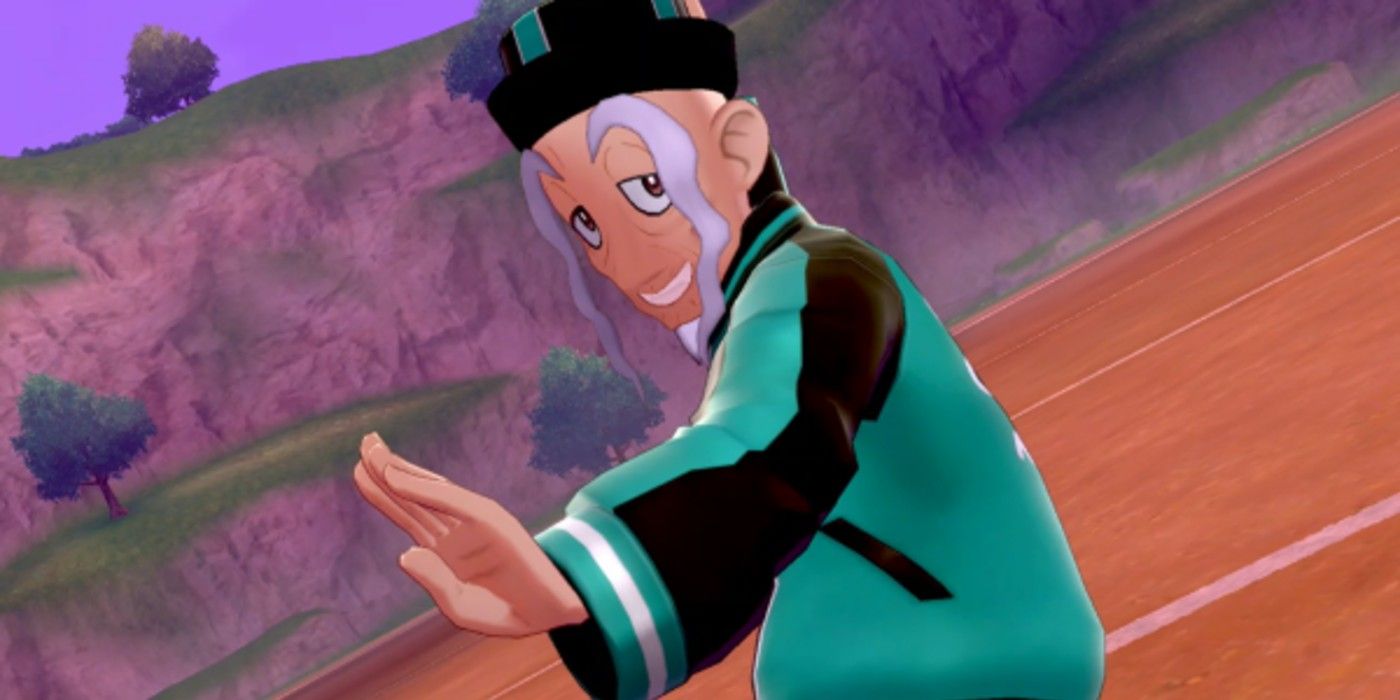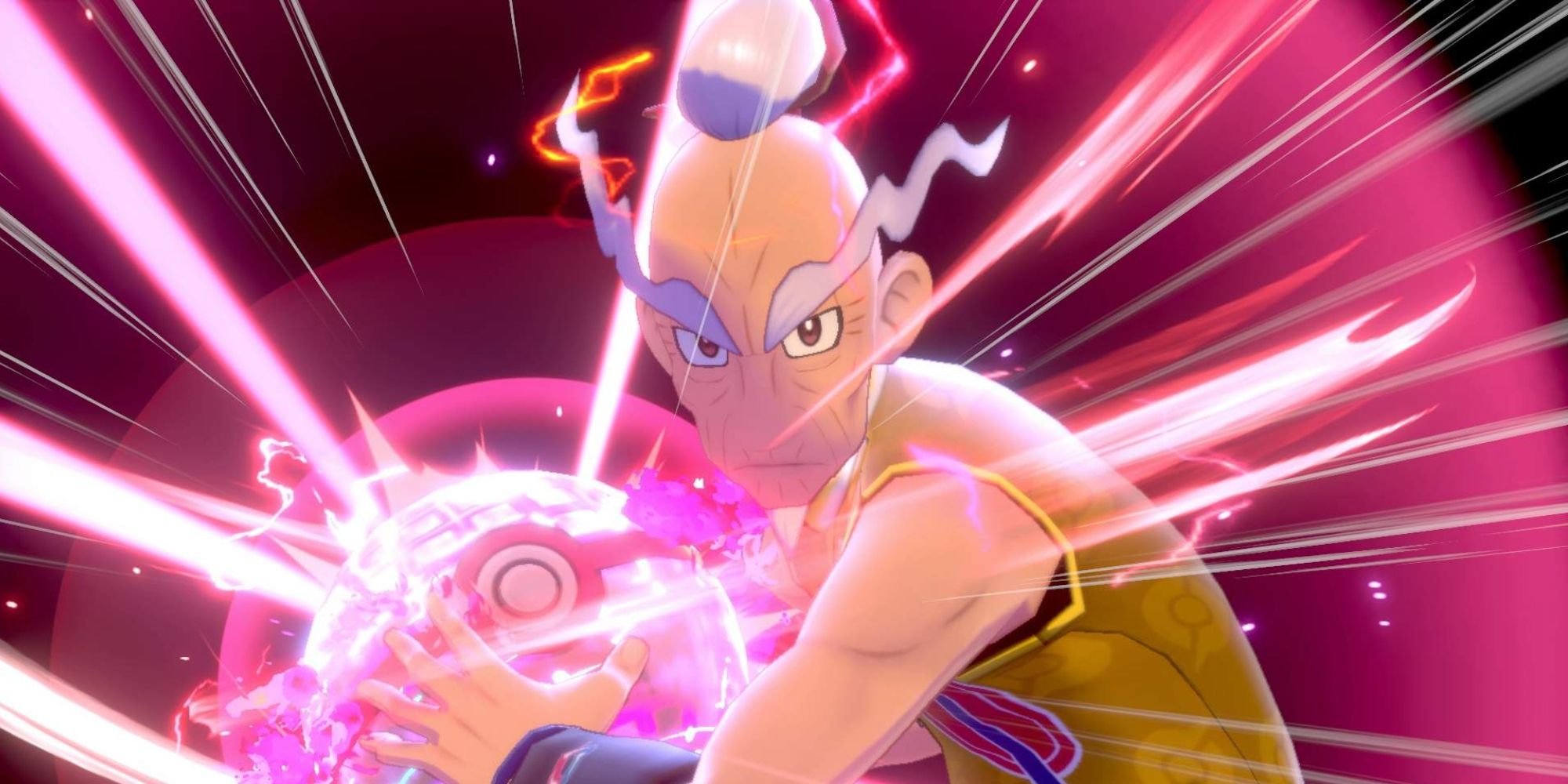The world of Pokémon is meant to be kid-friendly, but it has many darker aspects to its story, including match-fixing in official Pokémon battles. The dark parts of the Pokémon world usually manifest in background elements, such as Pokédex entries that detail horrific backstories for the Pokémon, but match-fixing is a somewhat different take on the games' darker aspects.
The Pokémon games rarely show what happens to the player after they become the Champion. In almost every game, the player is allowed to battle the Elite Four and the Champion over and over again. The Alola and Galar games subverted this, as they allowed the player to defend their title against foes who had come to dethrone them. The title of Champion itself is sort of ambiguous, as some characters are seen protectively guarding their region (like Lance in Pokémon Gold & Silver and Alder in Pokémon Black & White), while some barely appear before the battle against them (like Diantha in Pokémon X & Y).
It seems that the popularity of a Champion affects how much they interact with the higher-ups in the Pokémon League. All it takes is for someone to complete the Gym Challenge, defeat the Elite Four, and take down the current Champion to become the new one, which is something young children commonly do in Pokémon. If a Trainer becomes a draw and makes people interested in Pokémon, then the League might see to it that they retain their position.
Pokémon Reveals That Mustard Wouldn't Throw A Match In Sword & Shield
Pokémon Sword & Shield introduced League Cards, which were collectible cards that contain information about important Trainers. These are based on football stickers from the UK, which is the location the Galar region is based on. In the Isle of Armor expansion for Pokémon Sword & Shield, the player can meet a former Champion of the Galar region named Mustard. If the player unlocks both of Mustard's League Cards, then they tell a dark story about his life.
According to Mustard's second League Card, he lost his position as Champion after his partner Pokémon died. Despite this, he remained a popular trainer and still competed regularly. Mustard would eventually retire from battling when the league chairman at the time asked him to win in a rigged match.
This means that match-fixing is part of Pokémon lore, even if Mustard didn't go through with it. Chairman Rose proved that the high-ranking Pokémon League officials could be extremely dodgy, but it's strange seeing match-fixing mentioned in a mainline Pokémon game. This raises questions about Leon's perfect record, as he was also an extremely popular trainer. Match-fixing is a common occurrence in real-world sports and it always comes with scandals, but it's funny to think of something like that happening in the Pokémon world.
Source: Serebii


